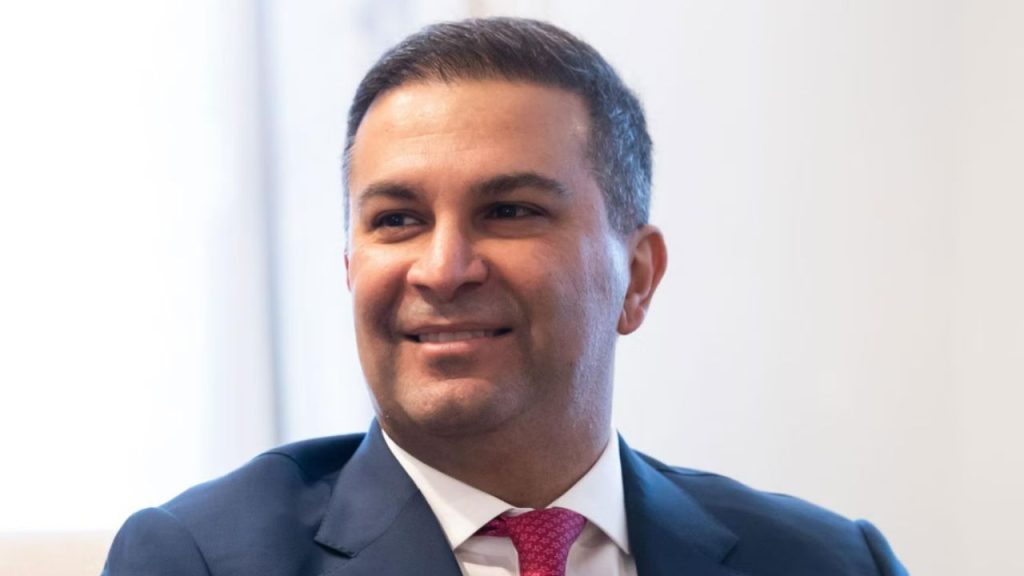Vikram Handa, an Indian-American entrepreneur and alumnus of Tufts University, has pledged $11.5 million to launch the Tufts Epsilon Materials Institute. This new research center, situated within Tufts University’s School of Engineering, aims to advance sustainable materials science and engineering, focusing on innovations that support the global clean energy transition.
A Vision for Sustainable Innovation
The Tufts Epsilon Materials Institute is a collaboration between Tufts University and Epsilon Group, a leading industrial conglomerate founded by Handa. The institute will serve as a hub for interdisciplinary research, bringing together expertise from various departments, including the Tufts AI Institute, to develop high-performance, eco-friendly battery materials and energy storage solutions.
Handa, who serves as the Managing Director of Epsilon Group and is a member of Tufts University’s School of Engineering’s Board of Advisors, expressed his pride in this initiative:
“The establishment of the Tufts Epsilon Materials Institute is a proud moment for me as an alumnus and a significant step toward our mission to drive sustainable innovation,” said Handa.
Advancing Clean Energy Research
The institute’s research will focus on developing battery technologies that are faster-charging, longer-lasting, and utilize more abundant materials such as sodium, potentially reducing reliance on lithium. This aligns with the growing demand for sustainable energy solutions in the U.S. and globally.
The sponsorship will fund three new faculty positions at the School of Engineering and provide seed funding to support future collaborations. Tufts University President Sunil Kumar emphasized the importance of this partnership:
“Creating impactful solutions for today’s energy challenges requires a purposeful, collective vision and dedicated researchers to realize that vision,” said Kumar.
A Commitment to a Sustainable Future
Handa’s investment in the Tufts Epsilon Materials Institute reflects his commitment to building a sustainable future through research and action. His recent investment in a graphite anode facility in North Carolina complements the institute’s focus on securing a domestic, sustainable supply chain for high-performance battery materials.
The collaboration between academia and industry aims to address global energy challenges and foster innovation in clean energy technologies.

